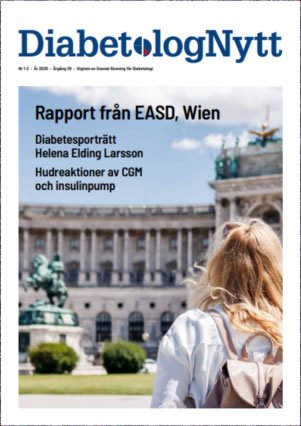The study, led by An Pan, PhD, a research fellow in the Department of Nutrition at the Harvard School of Public Health, Boston, Massachusetts, found that women who had worked rotating night shifts at least 3 times per month for 1 to 2 years had a 5% increased risk of developing type 2 diabetes. The risk rose the longer a woman had done rotating night-shift work, from 20% after 3 to 9 years to almost 60% for 20 or more years.
Dr. Pan and colleagues used prospective data collected over the course of 18 to 20 years on 177,184 women in the Nurses’ Health Study. The women were aged from 25 to 67 years.
Using time-dependent Cox proportional models, adjusted for diabetes risk factors related to lifestyle, the pooled hazard ratios for women who reported no shift work compared with women who worked the night shift for 1 to 2, 3 to 9, 10 to 19, and 20 or more years were 1.05 (95% confidence interval), 1.20 (95% CI), 1.40 (95% CI), and 1.58 (95% CI, respectively (P = .001 for the trend).
In a secondary analysis of 107,663 of the study participants, night-shift work was also associated with weight gain, which might have contributed to the nurses’ increased diabetes risk. However, that did not explain the results entirely, the researchers say. Previous studies have associated night-shift work with obesity, metabolic syndrome, and glucose dysregulation.
Dr. Pan and colleagues theorized that the link between night shifts and diabetes could be the result of disrupted circadian clocks, which help regulate the gastrointestinal and endocrine systems. Sleep disruption is also known to contribute to insulin resistance, increases in appetite, and weight gain, and night-shift work has previously been linked to negative changes in health behaviors including smoking, irregular meals, and lack of exercise.
PLoS Med, Published online December 6, 2011
Nyhetsinfo
www red DiabetologNytt

